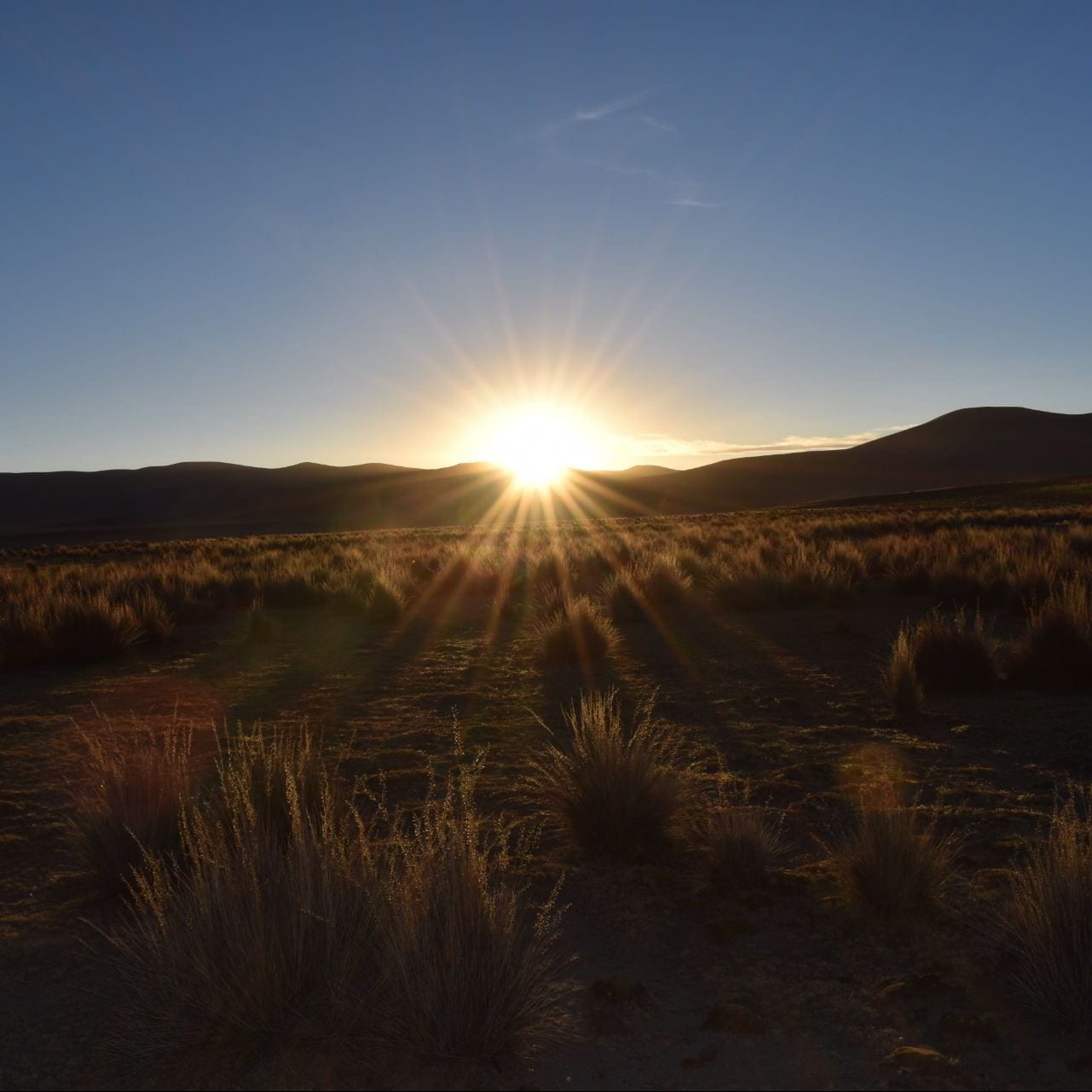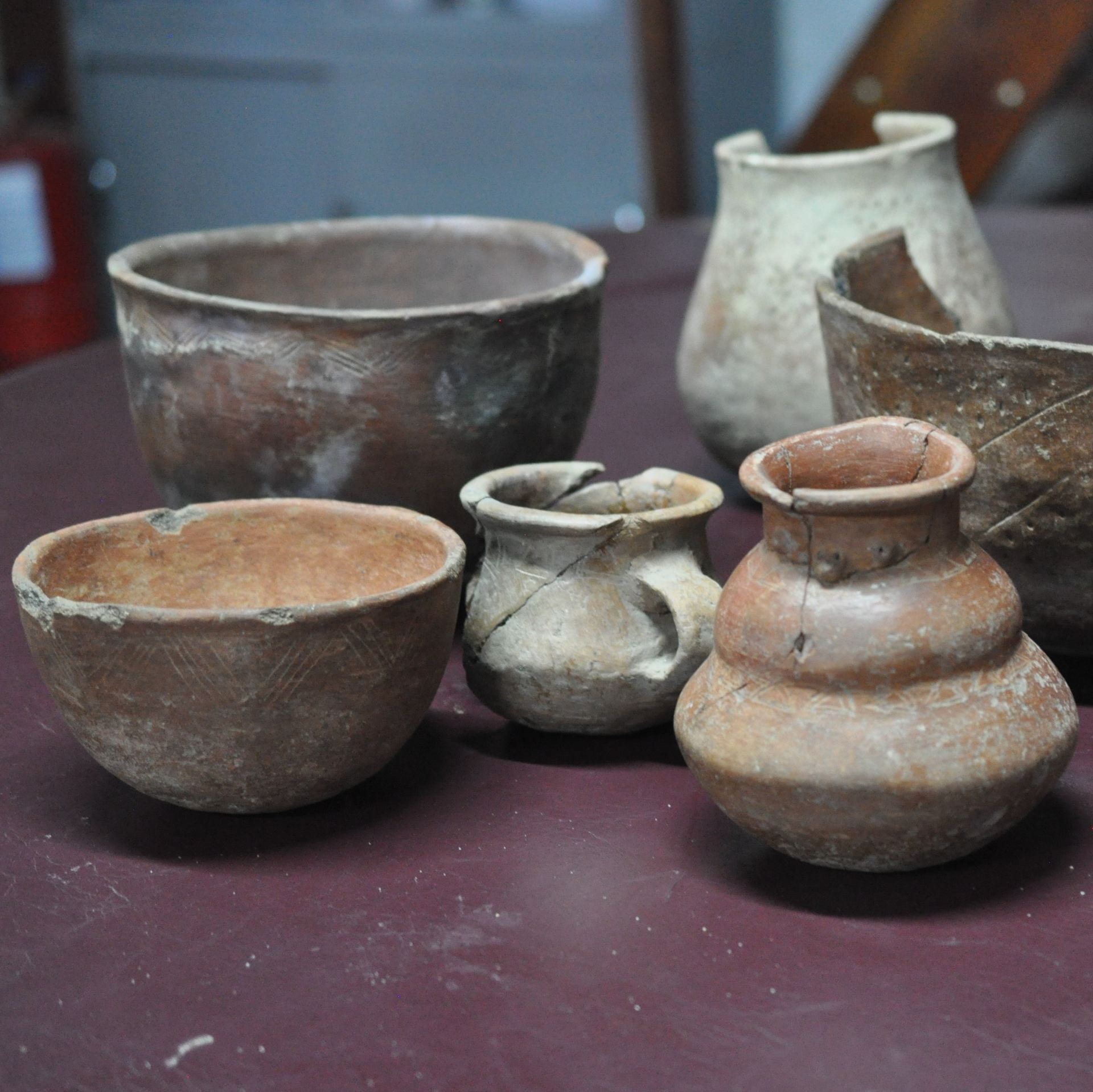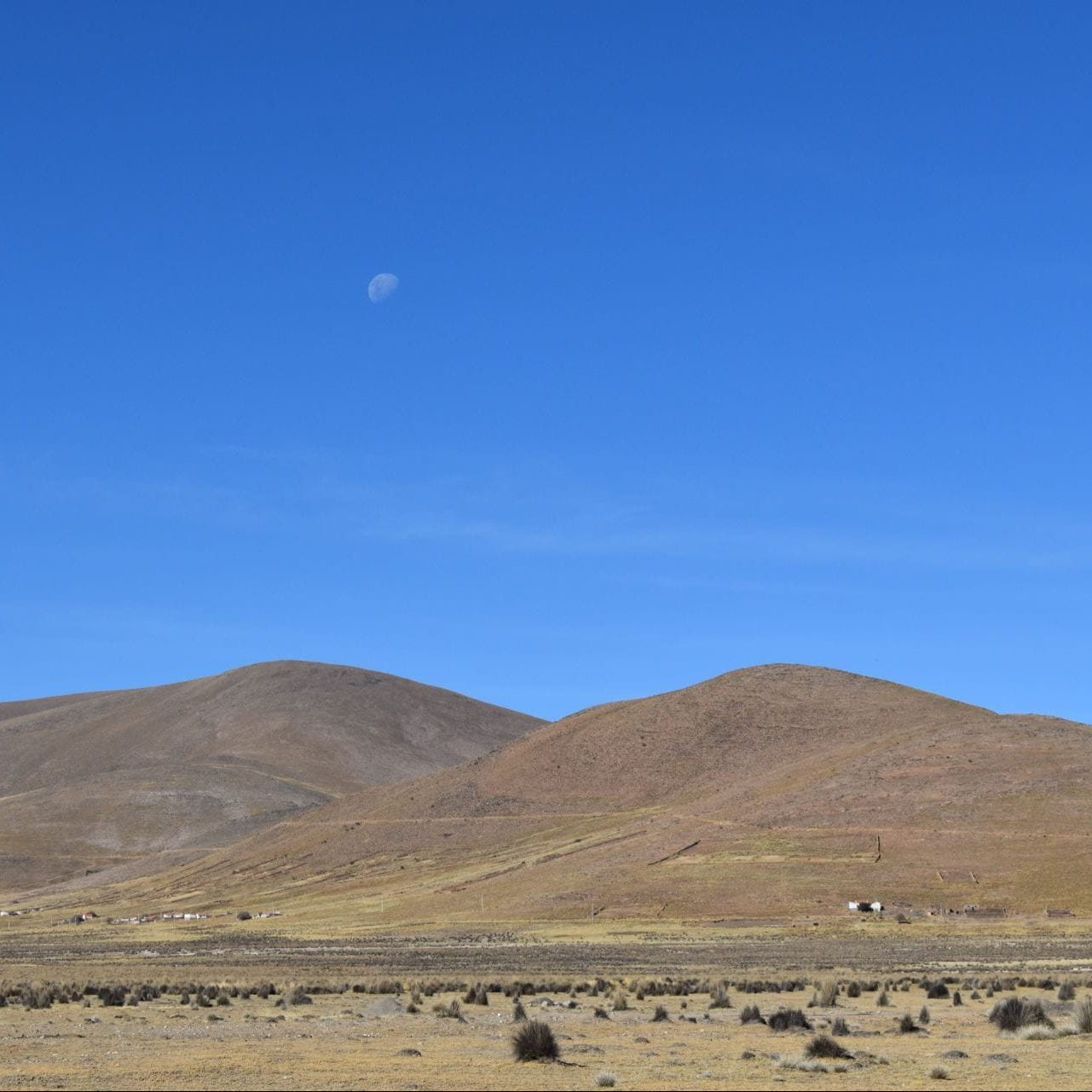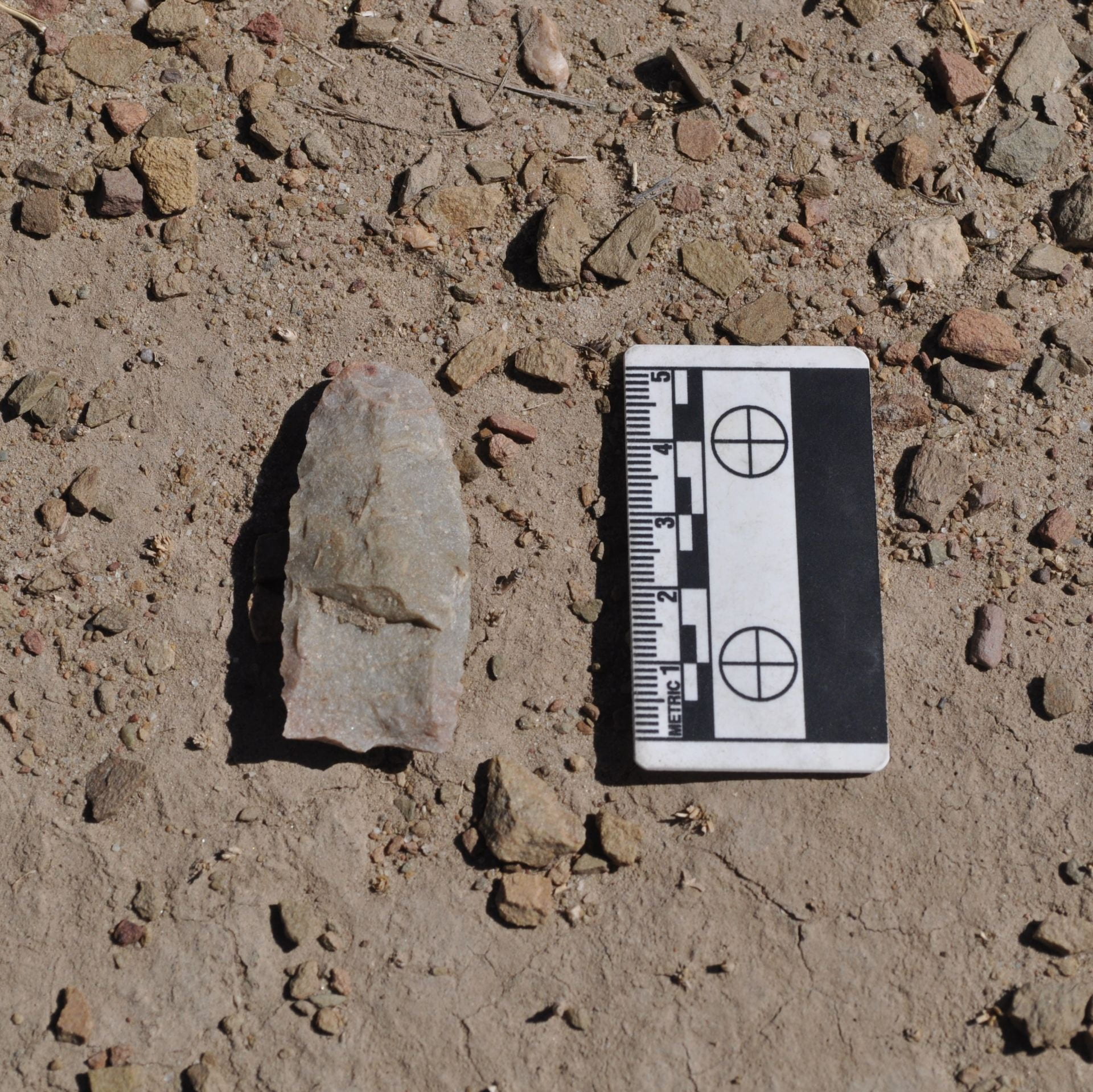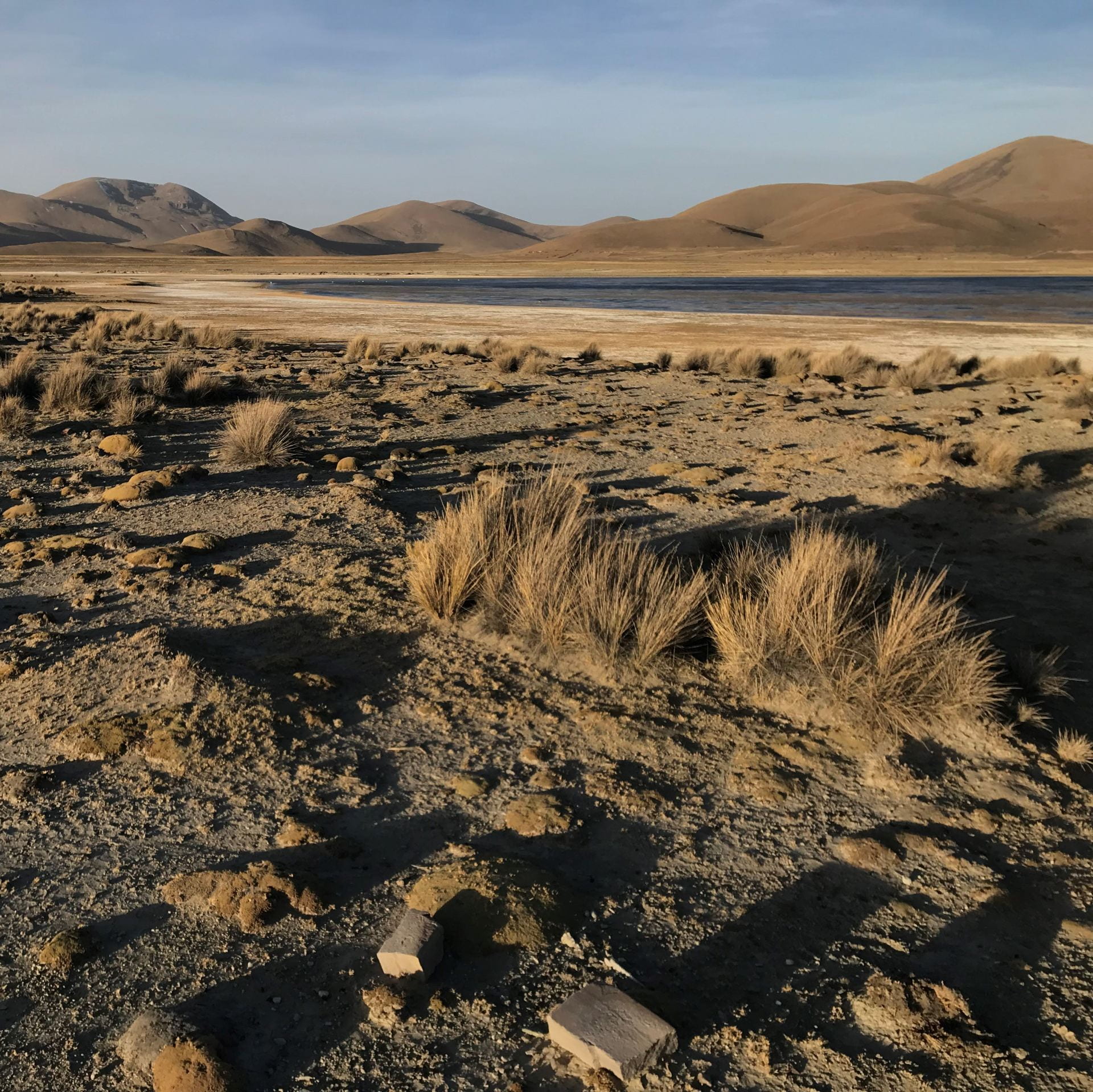The study of intergenerational wealth transmission as a key component in the development of social inequality constitutes a major advance in recent anthropological theory. Using this body of work, archaeologists have begun to investigate how institutionalized social differentiation became widespread. The research team will reconstruct the social dynamics of foraging communities at the cusp of making the transition to food production, a critical stage for understanding later emergent sociopolitical complexity. Whereas archaeologists have devised various ways to quantify material wealth, this project will contribute bioarchaeological, isotopic, and paleogenomic lines of evidence to approach embodied and relational wealth, thus, providing new approaches to measuring and understanding the multiple dimensions of social and cultural change. Institutional mechanisms for facilitating wealth transmission are fundamental for reproducing social inequality leading towards increasing sociopolitical complexity. One of our ongoing projects focuses on the transition experienced by mobile foraging egalitarian communities as they became increasingly sedentary with institutionally hierarchies based on food production in the eastern Andes of Tarija, a strategic but little investigated region that integrated societies from northern Chile, northwest Argentina, southern Bolivia, and northern Paraguay. The results of this project will help to engage in the debate about how social inequality emerged, became institutionalized, and eventually, persisted over time, furthering the understanding of how critical changes in subsistence and social organization have wide temporal and spatial implications.
This research is funded by NSF Grant #2015924.
Collaborators
- Dr. Sara Juengst, University of North Carolina, Charlotte
- Dr. Lars Fehren-Schmitz, University of California, Santa Cruz
